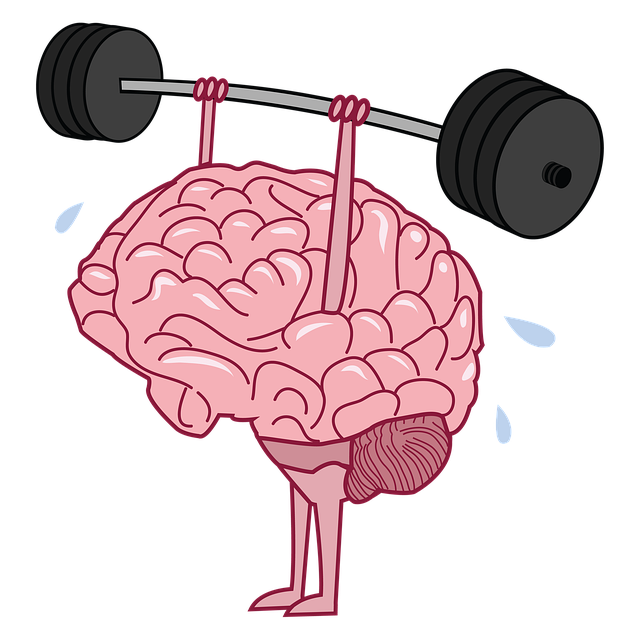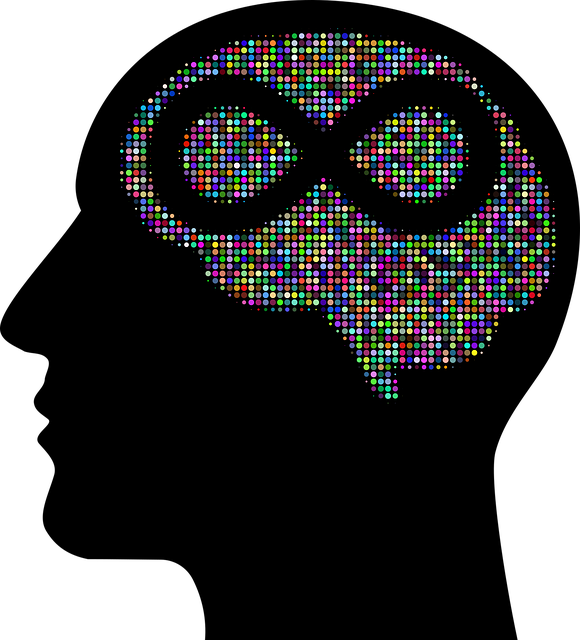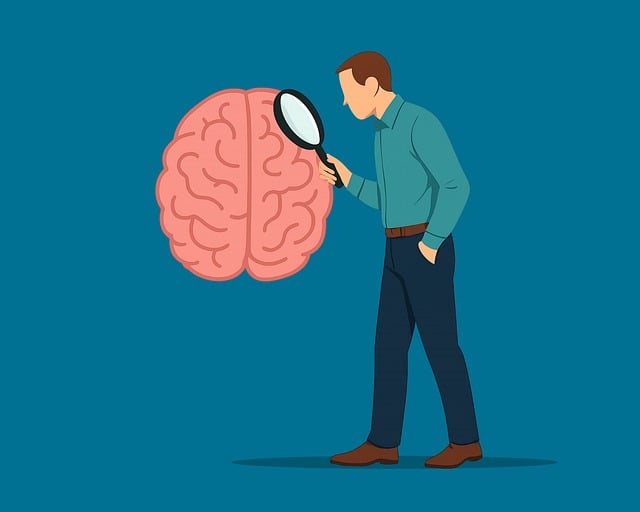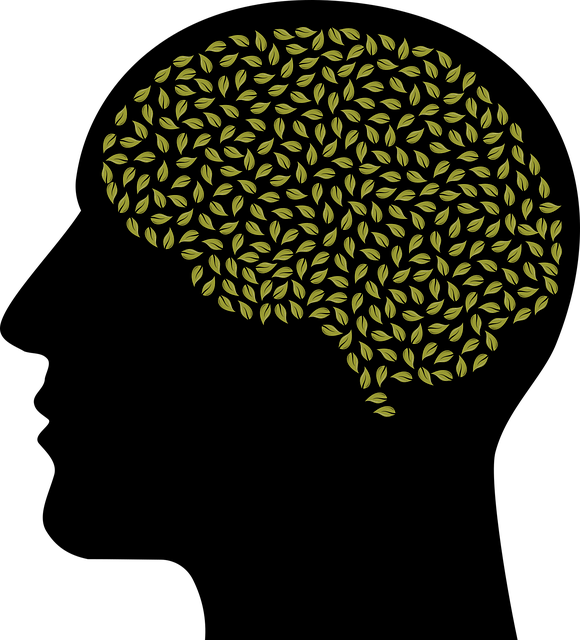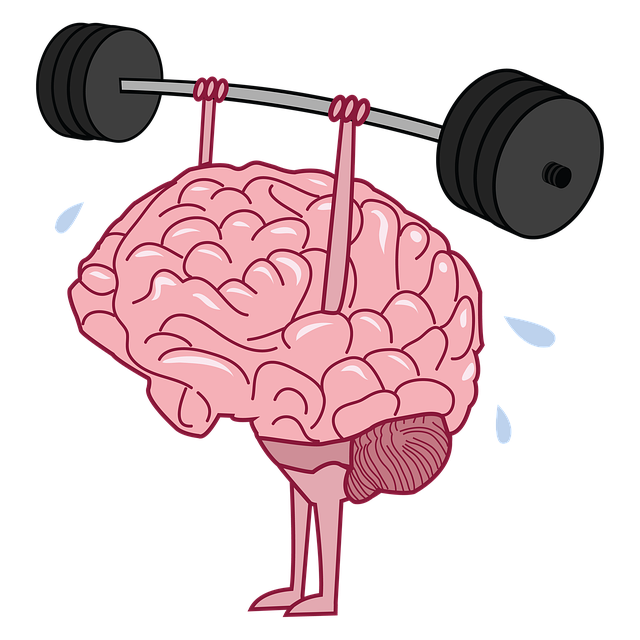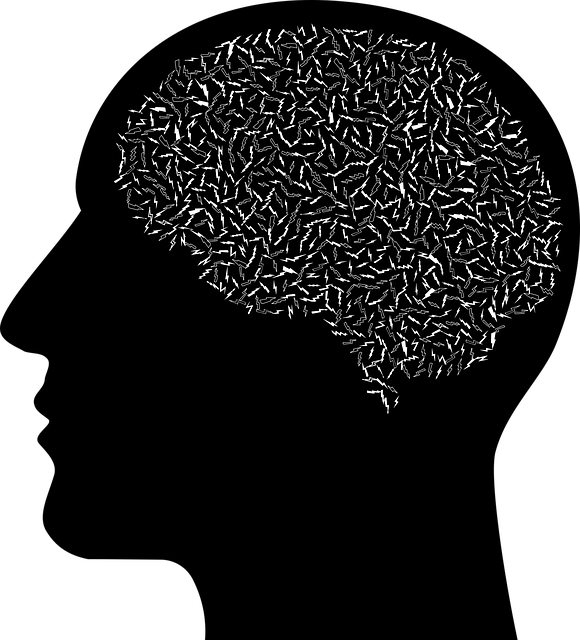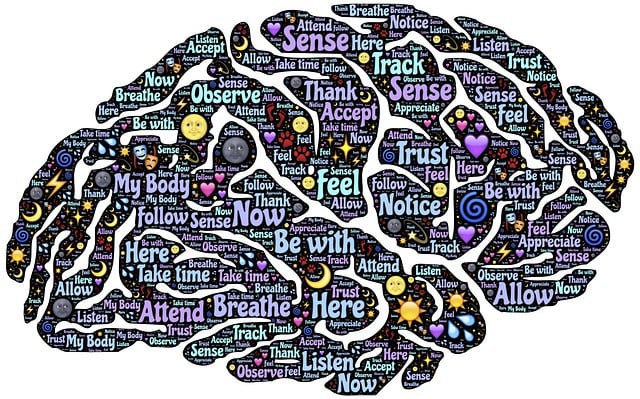Mental wellness programs utilize a combination of therapeutic approaches, with Cognitive Behavioral Therapy (CBT) serving as a Golden Standard for evaluation. This includes subjective measures like self-report questionnaires and interviews, plus objective tools such as the Beck Depression Inventory (BDI) to quantify symptoms. Beyond CBT, various therapies employ unique evaluation methods—from journaling to social skills training—for comprehensive assessments. Golden Cognitive Behavioral Therapy (GCBT) integrates classic CBT with digital tools for real-time data collection, enhancing user engagement and outcomes. Effective program evaluation involves tracking tangible outcomes, psychological constructs, and qualitative insights using evidence-based methods like GCBT, ensuring programs foster significant, lasting impacts on mental wellness.
Mental wellness programs have become integral to overall well-being, yet their evaluation poses unique challenges. This article delves into effective methods for assessing these programs, offering a comprehensive guide on understanding and measuring their impact. We explore traditional therapy effectiveness metrics, highlighting the significance of Golden Cognitive Behavioral Therapy (CBT) in mental health assessments. Additionally, we uncover innovative techniques revolutionizing program evaluations, focusing on outcomes and impact analysis to ensure successful mental wellness initiatives.
- Understanding Mental Wellness Programs and Their Evaluation
- Traditional Evaluation Methods for Therapy Effectiveness
- The Role of Cognitive Behavioral Therapy (CBT) in Assessment
- Innovative Techniques for Program Evaluation
- Measuring Success: Outcomes and Impact Analysis
Understanding Mental Wellness Programs and Their Evaluation

Mental wellness programs are structured interventions designed to promote and maintain an individual’s emotional, psychological, and social well-being. These programs often incorporate various therapeutic approaches, such as Cognitive Behavioral Therapy (CBT), to address specific mental health concerns or general improvements in quality of life. Evaluation methods play a crucial role in understanding the effectiveness of these programs, providing insights into their impact on participants’ mental wellness journeys.
The process of evaluating mental wellness programs involves assessing both subjective and objective outcomes. Subjective measures include self-report questionnaires and interviews, where participants share their experiences and perceptions of the program’s benefits. This qualitative data offers valuable insights into individuals’ personal growth, changes in mood, and overall satisfaction. On the other hand, objective measures utilize standardized tools to assess specific domains like stress management, anxiety levels, or depressive symptoms. These quantitative assessments help compare outcomes across different groups and over time, providing a more comprehensive understanding of the program’s impact. Incorporating Cultural Sensitivity in Mental Healthcare Practice ensures that evaluation methods are adaptable and respectful of diverse cultural backgrounds, making the programs more inclusive and effective for all participants.
Traditional Evaluation Methods for Therapy Effectiveness

In the realm of mental wellness programs, evaluating therapy effectiveness is a multifaceted process that has evolved over time. Traditional methods often rely on self-report measures and clinical observations, which can be subjective and inconsistent. The Golden Standard in Cognitive Behavioral Therapy (CBT) involves structured assessment tools like the Beck Depression Inventory (BDI) or the Global Assessment of Functioning (GAF), allowing therapists to quantify symptoms and track progress over time. These quantitative data provide a clear picture of an individual’s improvement, especially when compared across treatment sessions.
Beyond CBT, evaluation methods incorporate various therapeutic approaches’ core principles. For instance, Mind Over Matter principles emphasize the power of mindset shifts and often include journaling exercises to capture personal reflections and insights gained during therapy. Social Skills Training evaluates progress through role-playing scenarios and peer feedback, fostering better interpersonal interactions. Self-Care Routine Development for Better Mental Health involves assessing and supporting individuals in adopting sustainable self-care practices, which are then evaluated by tracking their impact on overall well-being and symptom management.
The Role of Cognitive Behavioral Therapy (CBT) in Assessment

Cognitive Behavioral Therapy (CBT) plays a pivotal role in mental wellness program evaluation, offering a structured and effective approach to understanding and addressing psychological challenges. This therapeutic method focuses on identifying and modifying negative thought patterns and behaviors, empowering individuals to develop healthier coping mechanisms. By delving into an individual’s thoughts, feelings, and actions, CBT facilitates self-awareness, enabling people to recognize and challenge distorted cognition. This process is crucial for managing conditions such as anxiety and depression, where negative thought cycles can significantly impact overall mental health.
The Golden Cognitive Behavioral Therapy principles emphasize the mind-body connection, suggesting that our thoughts directly influence our emotional well-being and physical health. Incorporating CBT techniques into program evaluations allows for a comprehensive assessment of mental wellness. It involves exploring self-esteem improvement and the role of public awareness campaigns in promoting positive mental health attitudes. Mind over matter principles are brought to life as individuals learn to reframe negative beliefs, fostering resilience and enhancing overall well-being.
Innovative Techniques for Program Evaluation

In today’s digital era, innovative techniques for program evaluation are reshaping mental wellness interventions. Gone are the days when traditional methods, like self-reported surveys, were the primary tools to gauge success. Now, advanced strategies such as the Golden Cognitive Behavioral Therapy (GCBT) offer a more nuanced approach to understanding and enhancing emotional well-being promotion techniques. GCBT combines classic cognitive behavioral therapy with modern digital tools, allowing for real-time data collection and personalized feedback loops that significantly impact user engagement and outcomes.
Moreover, these new evaluation methods integrate anxiety relief strategies and conflict resolution techniques seamlessly into the program design. By leveraging technology to track progress and identify areas of improvement, mental wellness programs can adapt on the fly, catering to individual needs more effectively. This not only improves overall satisfaction but also fosters deeper connections between participants and the therapeutic process, ultimately revolutionizing how we approach emotional well-being promotion.
Measuring Success: Outcomes and Impact Analysis

Measuring success in mental wellness programs is a multifaceted process that goes beyond mere satisfaction surveys. Effective evaluation methods delve into tangible outcomes and the impact on individuals’ lives, providing valuable insights for improvement and ensuring the program’s longevity. One robust approach involves tracking changes in psychological constructs using evidence-based tools, such as the Golden Cognitive Behavioral Therapy (GCBT) framework. This method assesses improvements in areas like mood management, anxiety reduction, and confidence boosting, offering a comprehensive view of participants’ progress.
Additionally, qualitative assessments, including interviews and focus groups, can reveal deeper insights into individuals’ experiences with trauma support services. By combining quantitative data on specific symptoms with qualitative feedback on overall program effectiveness, mental health professionals gain a holistic understanding of the program’s success in fostering positive changes. This dual-approach evaluation ensures that the initiatives are not just reaching their targets but also making significant and lasting impacts on participants’ well-being.
Evaluating mental wellness programs is essential to ensure their effectiveness and positive impact on individuals’ lives. By combining traditional methods, such as surveys and interviews, with innovative techniques like digital tracking and focus groups, we can gain a comprehensive understanding of program success. Cognitive Behavioral Therapy (CBT), recognized for its golden role in assessment, offers valuable insights into changing behavioral patterns and improving mental health outcomes. This multi-faceted approach enables thorough analysis, allowing programs to adapt and enhance their strategies, ultimately fostering better mental wellness in the community.
